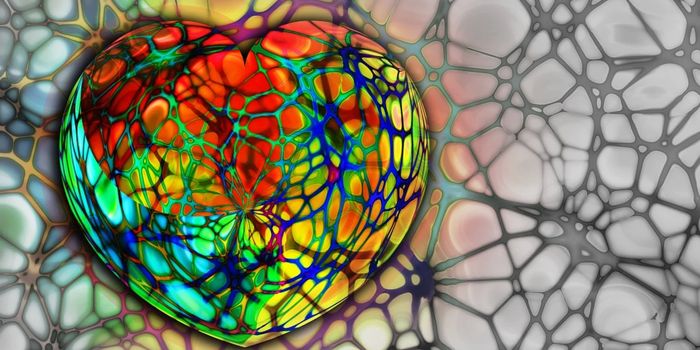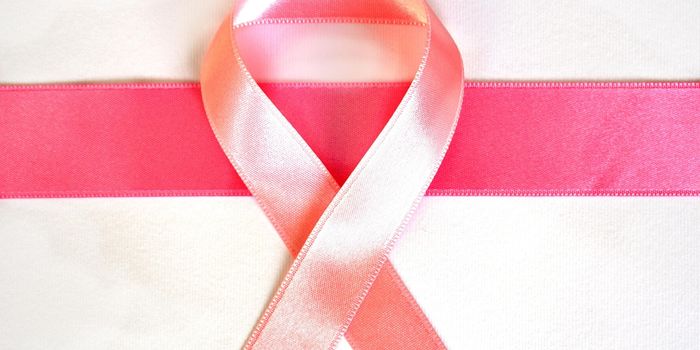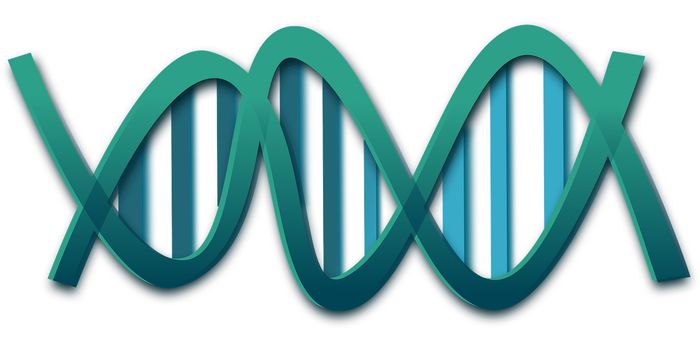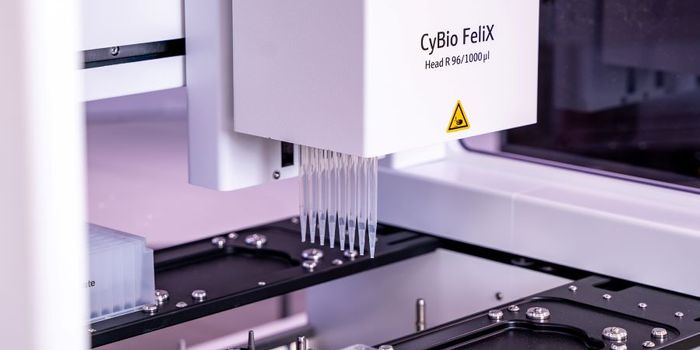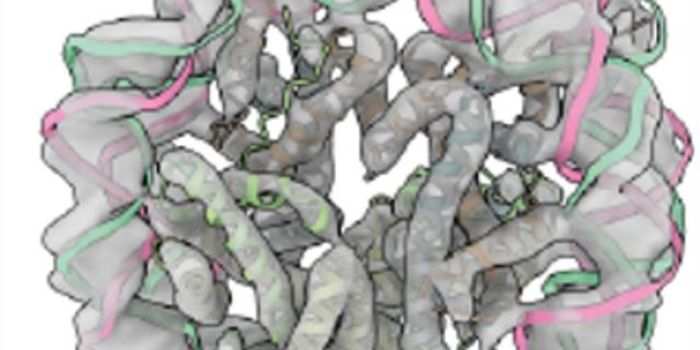A Genetic Cause of Raynaud's Phenomenon is Revealed
Raynaud’s phenomenon is condition in which the blood flow to the fingers is decreased because of spasms in blood vessels; it is what's known as a vasospastic condition. It can also reduce blood flow to other areas like the ears, toes, or knees. The reduced blood flow can cause pain, changes in skin color, and sometimes, ulcers. This happens when it is cold, or patients are stressed. It can occur with other disorders but also happens on its own. Anywhere from two to five percent of the population is affected by Raynaud's. Now researchers have revealed a genetic cause for Raynaud's phenomenon, which could help scientists develop treatments. The findings have been reported in Nature Communications.
Right now, the only treatments for Raynaud's phenomenon are related to management strategies that can reduce triggers and lessen the severity of attacks. Some patients are prescribed medications that lower blood pressure, which can also cause side effects.
In this study, the researchers used data from the UK Biobank to perform a genome-wide association study (GWAS), which reveals the connections between traits and genes or genetic variants. Over 9,000 Raynaud's patients were included in this study. This revealed that variations in two genes, one oof which is ADRA2A (alpha-2A-adrenergic receptor for adrenaline), were associated with Raynaud's phenomenon. The other gene is related to a stress receptor that causes blood vessel contraction.
"This makes sense when it's cold or dangerous, because the body has to supply the inside of the body with blood," said Maik Pietzner, of London's Precision Healthcare Research Institute (PHURI) and the Berlin Institute of Health (BIH) at Charité—Universitätsmedizin Berlin. "In Raynaud's patients, however, this receptor seemed to be particularly active, which could explain the vasospasms, especially in combination with the second gene that we found: This gene is the transcription factor IRX1, which may regulate the ability of blood vessels to dilate."
This can explain why the blood vessels in Raynaud's patients have such a strong reaction even when external stimuli are mild or absent.
"If its production is increased, it may activate genes that prevent constricted vessels from relaxing as they would normally do. Together with the overactive adrenaline receptor, this may then lead to the vessels not suppling enough blood for a longer period of time, which leads to the observed white fingers and toes," said Pietzner.
Dr. Emma Blamont, Head of Research for Scleroderma and Raynaud's UK (SRUK) noted that although researchers and clinicians know that factors like cold and stress can trigger attacks in Raynaud's patients, there is still a lot more to learn about why some people get this disease while others don't.
The findings were also replicated with a dataset that included genetic data from a Queen Mary University's Genes & Health study. The results will have to be confirmed with other patients and genetic data, but it could dramatically improve treatment options for patients one day. The researchers already showed that people who are likely to have low blood sugar due to genetic factors are at in creased risk for Raynaud's.
There are also drugs that are already approved that can inhibit ADRA2A function, and could be useful in treating Raynaud's, noted study co-author Professor Claudia Langenberg, the Director of Queen Mary University of London’s Precision Healthcare University Research Institute. "I am convinced that our findings provide a path to novel effective medications," added Langenberg.
Sources: Queen Mary University of London, Nature Communications



